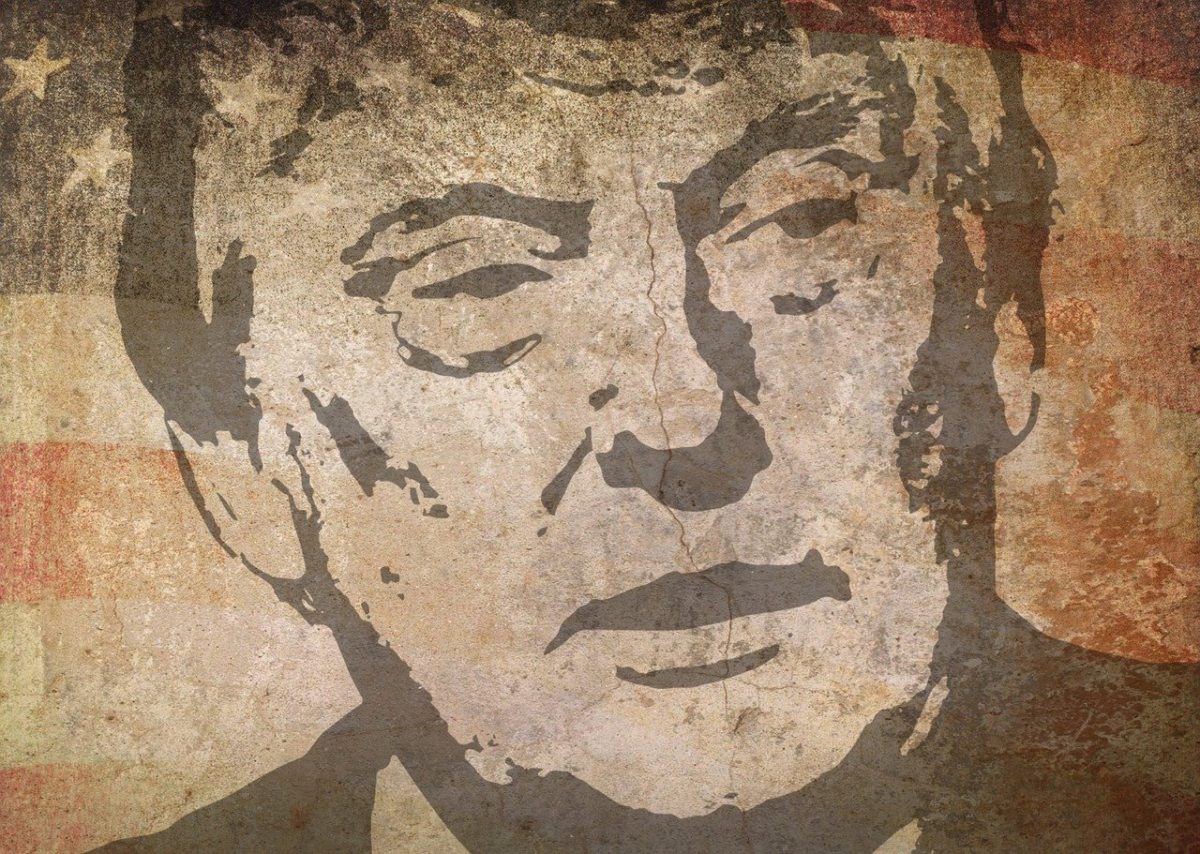When America inaugurated Donald Trump as the 47th President of the United States, he promised to restore America to its former strength and glory, respected by all nations of the world. Instead, his foreign policy has been disastrous. The United States has never been more isolated, less trusted, and more divided from its allies than it is now. From the Ukraine War to the conflict in Gaza, the president has shown inconsistent, flawed leadership, defined by impulsive decisions and aggressive rhetoric, weakening America’s global influence and reputation rather than strengthening it.
Let’s start in Ukraine: on the night of February 24, 2022, Vladimir Putin launched Russia’s full-scale invasion of Ukraine. Putin stated that the war would be over in three days, but little did the world know that three-and-a-half years later the war would continue to rage on with thousands dead. Ukraine, which Russia invaded, is clearly not the aggressor. However, according to the president, Zelensky and Ukraine were responsible for the war: “You should have never started it. You could have made a deal.” Such statements not only distort reality but also embolden Putin, shifting blame away from him and towards the victim. Many times, the President of the United States has bent the knee for Putin, and in some instances, as at the Alaska summit, he has even rolled out the red carpet for him, treating him as a friend.
Although Trump may think of it as a friendship, the truth is that his friendly rhetoric towards a dictator displays weakness and approval, which allows Putin to further display aggression towards the west. Many times during the conflict, President Trump has threatened to cut off NATO support if countries don’t “pay up.” He’s even gone as far as to say that if Russia were to attack a NATO country that didn’t “pay up” he would not protect it from Russia, and would “encourage them [Russia] to do whatever the hell they want.” Slowly but surely, Donald Trump is eroding the trust that NATO long had in the United States.
That brings us to the next point: because of Trump’s foreign policy, allies and partners of the United States have begun losing trust in us, which in turn pushes us towards isolationism. One cause of this is trade wars: Donald Trump’s tariffs and aggressive trade policies have pushed major potential partners such as India further away from us, with many countries issuing reciprocal tariffs on us. Another example is in Europe. Trump’s tariffs on the European Union have pushed them toward greater self-reliance across all sectors, whether defense, manufacturing, technology, or energy. Rather than strengthening America and “bringing jobs home,” tariffs have strained relations with our closest allies and motivated Europe to invest in its own supply chains, which has in turn weakened our economy as Europe diversifies away from American markets.
Trump’s missteps were not limited to Europe. His actions in the turbulent Middle East further damaged America’s credibility as a global mediator. Trump’s one-sided support for Israel as he frequently bends the knee for Benjamin Netanyahu undermines decades of US diplomacy in the Middle East. Let’s begin in 2017, when Trump recognized Jerusalem as the capital of Israel. This action showed favoritism to Israel and broke many decades of US policy, which was to maintain neutrality in the Israel-Palestine conflict, thus damaging the United States’ credibility as an arbiter. Then, when Hamas and Israel engaged in conflict, Trump’s rhetoric heavily favored Israel, threatening Palestine rather than engaging in diplomacy to deescalate. Not only that, but Trump has also refused to discuss the ongoing famine and genocide in Gaza at the hands of Netanyahu. All these things have made the United States appear biased, thus reducing America’s ability to broker peace.
In the end, there is always some good in the bad. Although Donald Trump’s foreign policy has undermined decades of diplomatic credibility, we can look to the future with some hope that the president will still steer the country in the right direction in terms of foreign affairs. For example, the president, in cooperation with many Middle Eastern countries, may have struck a deal in the Gaza Strip with a possible Israeli withdrawal on the table in exchange for the remaining hostages that Hamas holds. And in Ukraine, the president has finally stepped up against Putin, stating on September 23 that Ukraine can win back all of its territory lost to Russia, and on October 6 announcing that the US will provide Ukraine with Tomahawk missiles to strike targets deep in Russian territory. This may all sound promising, but keep in mind that the president is still susceptible to being indecisive and making erratic decisions, so beware.












